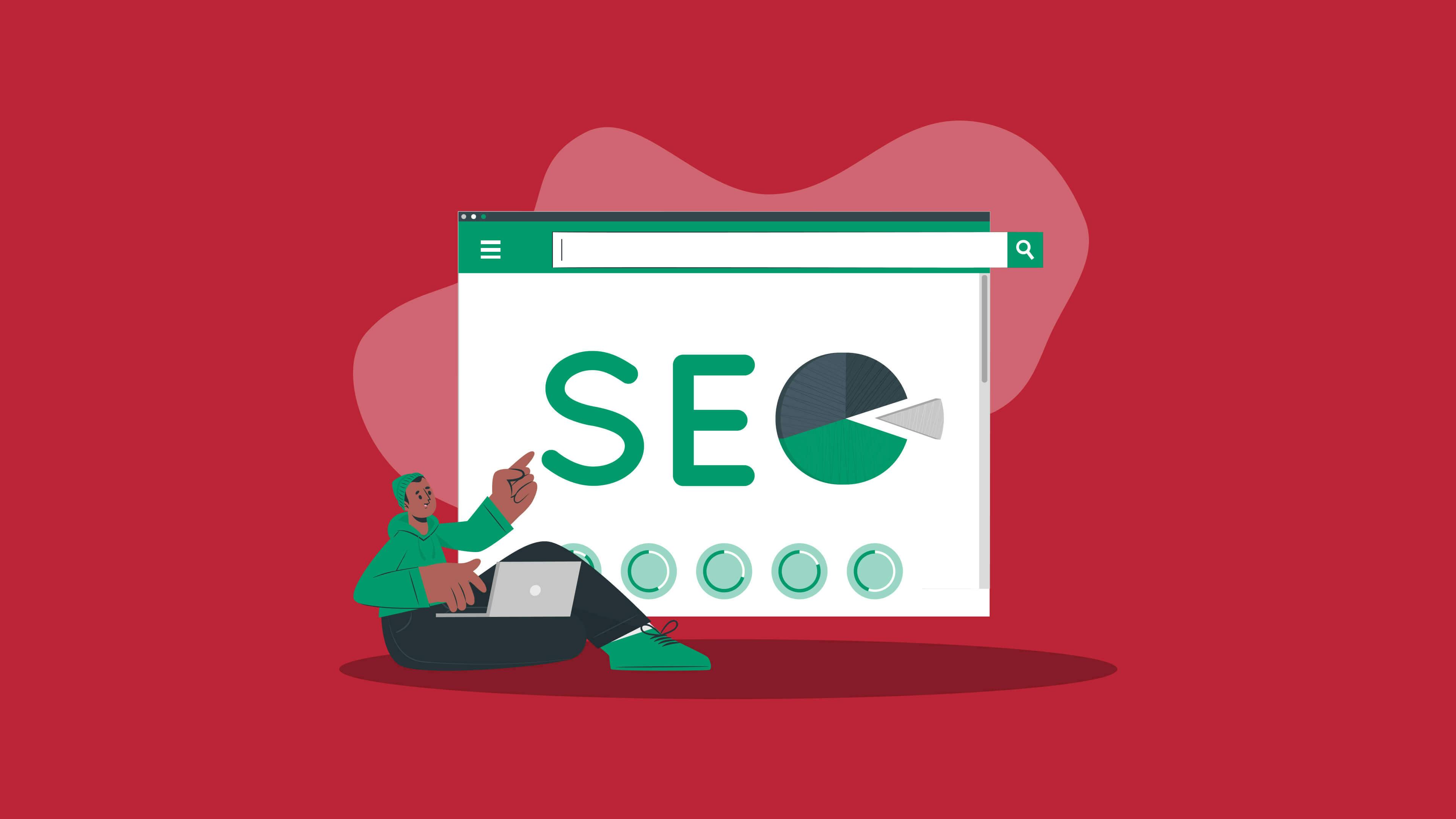The efficiency of your Google Ads campaign can be significantly influenced by how effectively you handle keyword grouping. Keyword grouping, an essential part of PPC management, involves organizing your keywords into tightly-knit groups, which can then be linked to specific ads.
Keyword grouping is paramount because it enhances the relevance of your ads, making it more likely that users will engage with them, consequently improving your Quality Score and lowering your Cost Per Click (CPC).
However, this process can sometimes seem daunting to marketers due to the number of keywords to manage. Let's demystify this process with seobase and ensure you utilize keyword grouping.
Understanding Keyword Grouping in Google Ads
At the heart of every successful Google Ads campaign lies an effective keyword grouping strategy. This approach involves categorizing keywords that are closely related into defined groups. These groups then align with individual ad groups in your Google Ads campaign.
By investing in keyword grouping, you ensure that when a user searches a particular keyword in your group, they are shown an ad that correlates closely with their search query. This relevancy is what keeps your ads engaging and attractive to potential customers.
The Importance of Keyword Grouping
Keyword grouping allows you to create highly targeted ad groups, which translate to more relevance, better Quality Scores, and more competitive CPCs. This precision directly influences your ad rank and visibility, enabling you to reach your target audience more effectively.
Here's why keyword grouping matters:
- Enhanced Ad Relevance: When your ad closely matches the user's search query, it becomes more appealing, increasing your Click-Through-Rate (CTR) and potential conversions.
- Improved Quality Score: Google uses Quality Score to determine where and when to display your ads. A high Quality Score can result in lower costs and better ad positions.
- Better Cost Management: By focusing on more relevant ads, you can decrease your overall spend by avoiding wasted clicks on less relevant ads.
Effective Strategies for Keyword Grouping in Google Ads
Creating optimal keyword groups takes a careful and strategic approach. Here are some strategies that can enhance your keyword grouping efforts:
- Start with Broad Categories: Begin by defining broad categories that represent your products or services. Then, delve into subcategories, continually narrowing down until you have precise, tightly-knit keyword groups.
- Utilize Keyword Tools: Leverage tools like Google Keyword Planner to identify popular search terms and synonyms for your categories.
- Analyze Competitors: Look at your competition's keyword usage. This can inspire new keyword ideas and highlight trends within your industry.
- Consider User Intent: Understand the different search intentions of users — informational, navigational, transactional, or commercial. This knowledge can help align your keywords with user intent, making your ads more compelling.
- Regularly Review and Refine: Review your keyword groups periodically and adjust them based on your ad performance data. Keyword trends can change, and so should your keyword groups.
Conclusion
Effectively implementing keyword grouping in your Google Ads campaign can improve your ads' relevancy, optimize your Quality Score, and manage your costs more effectively. By starting with broad categories, utilizing keyword tools, analyzing competitors, considering user intent, and regularly reviewing and refining your groups, you can maximize your ads' impact and reach your target audience more efficiently.
Remember, keyword grouping isn't a set-and-forget task; it's a continual process that evolves with your audience's behavior and the competitive landscape. By making keyword grouping a regular part of your PPC management, you'll be well on your way to a successful Google Ads campaign.



